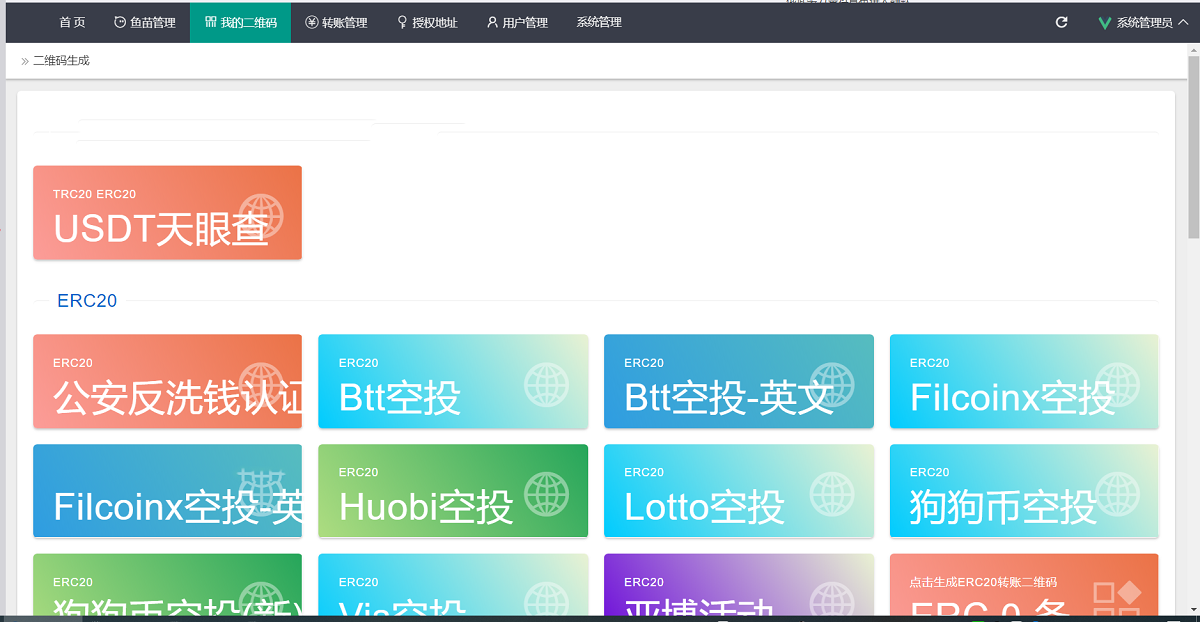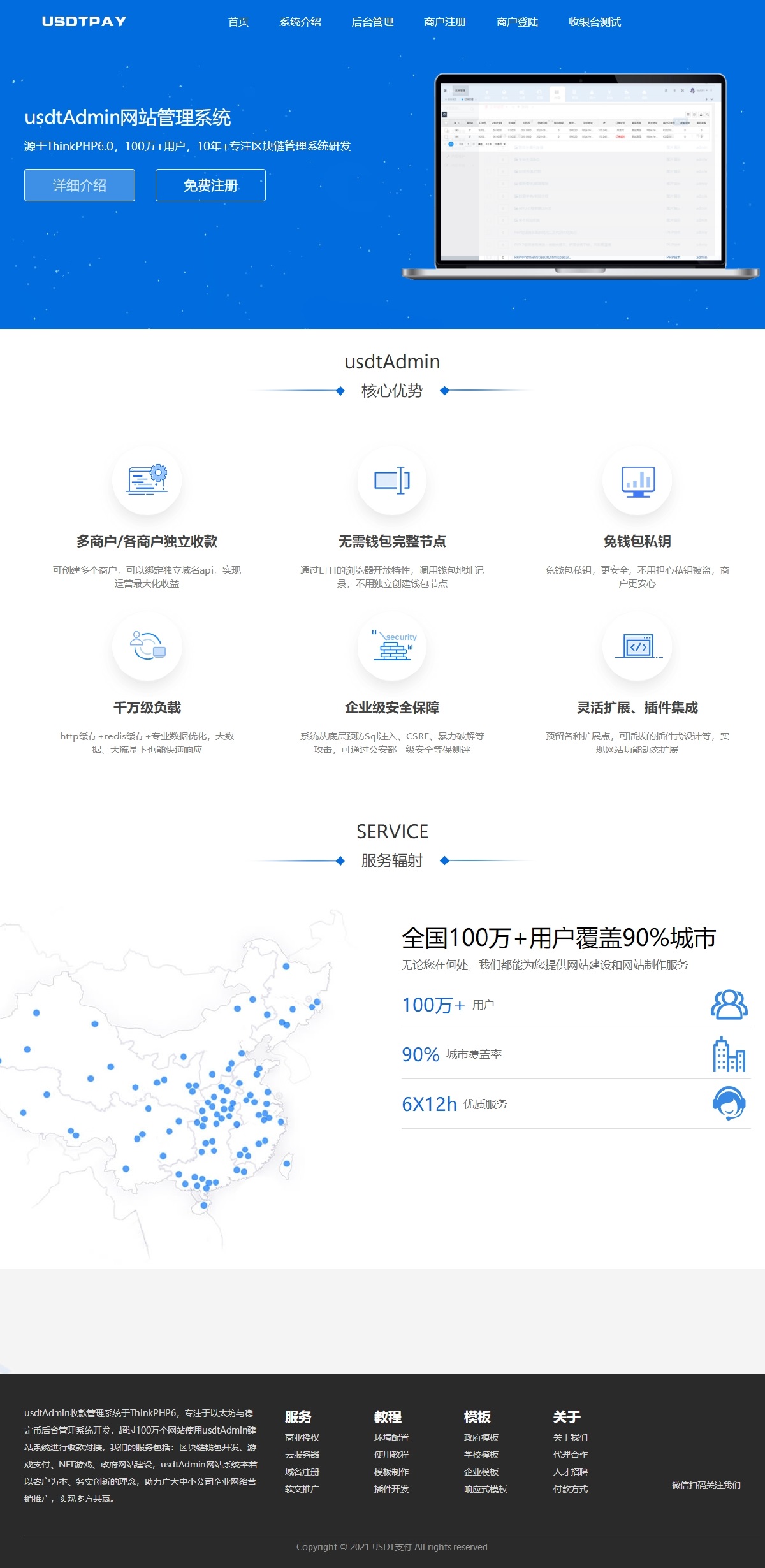高效的【网站渗透】方法
客服TG:@sc034
Protecting the Environment Begins with Me
In recent years, environmental issues have become a pressing concern globally. Climate change, pollution, deforestation, and the depletion of natural resources threaten not only our current way of life but also the future of the planet. While governments and large corporations play a significant role in addressing these challenges, it is also essential for each individual to take responsibility and make conscious choices. Protecting the environment begins with personal action, and each one of us has the power to make a difference. This article explores simple, actionable steps that everyone can take to help preserve the environment and reduce their ecological footprint.
One of the most effective ways individuals can contribute to environmental protection is by reducing waste. The “reduce, reuse, recycle” approach provides a practical framework. Reducing consumption can be as simple as choosing to buy products with minimal packaging or opting for reusable items. For example, instead of buying bottled water, invest in a reusable water bottle, which not only decreases plastic waste but also saves money in the long run. Similarly, purchasing products that have longer lifespans and are made from sustainable materials helps minimize waste. When items are no longer needed, consider donating or repurposing them instead of discarding them, giving them a second life and reducing landfill contributions.
Another key action individuals can take to protect the environment is conserving energy. Energy consumption is a significant contributor to environmental degradation, as most of the world's energy is derived from fossil fuels, which release greenhouse gases into the atmosphere. By making small changes to our daily routines, we can reduce our energy use and help mitigate climate change. Turning off lights when they are not needed, unplugging electronics, and opting for energy-efficient appliances are simple yet effective ways to cut down on energy consumption. Additionally, embracing natural lighting during the day can reduce the need for artificial lighting, conserving energy in the process.
Water conservation is also crucial in the fight to protect the environment. Water is a finite resource, and in many parts of the world, clean, potable water is becoming increasingly scarce. Each individual can play a part in conserving water by adopting mindful practices. Simple actions like turning off the tap while brushing your teeth, fixing leaks promptly, and taking shorter showers can help reduce water waste. Additionally, using water-efficient fixtures and appliances, such as low-flow showerheads and faucets, can save significant amounts of water over time. By being conscious of water usage, individuals can contribute to preserving this vital resource for future generations.
Another significant way to protect the environment is by reducing carbon emissions associated with transportation. Cars and other vehicles are major sources of air pollution and greenhouse gases. Whenever possible, individuals can opt for eco-friendly transportation options. Walking, biking, or using public transport not only reduces emissions but also promotes a healthier lifestyle. For longer distances, carpooling or using ride-sharing services can help reduce the number of vehicles on the road, decreasing overall pollution. For those who own cars, regular maintenance and mindful driving habits, such as avoiding rapid acceleration and idling, can improve fuel efficiency and reduce emissions.
Supporting sustainable food choices is another powerful way to positively impact the environment. The agricultural industry, especially the meat and dairy sectors, has a substantial ecological footprint due to land use, water consumption, and greenhouse gas emissions. By opting for a more plant-based diet or incorporating more locally grown and organic foods, individuals can reduce their carbon footprint. Additionally, buying local produce reduces the need for long transportation routes, which cuts down on emissions associated with food transport. Reducing food waste by planning meals, storing food correctly, and using leftovers creatively also helps minimize the environmental impact associated with food production.
Educating oneself and others about environmental issues is also crucial for fostering a culture of sustainability. Many people are unaware of the simple steps they can take to help protect the environment. By raising awareness, individuals can inspire others to adopt eco-friendly practices. Engaging in conversations, sharing information on social media, and participating in community activities centered on environmental conservation are excellent ways to spread knowledge and motivate others. In schools, workplaces, and communities, education can lead to collective action, multiplying the impact of individual efforts.
Planting trees and participating in reforestation initiatives is another meaningful action individuals can take to protect the environment. Trees play a vital role in absorbing carbon dioxide, producing oxygen, and maintaining biodiversity. By planting trees in local parks, gardens, or even one’s backyard, individuals can contribute to carbon sequestration and help restore ecosystems. Many organizations facilitate tree-planting events, making it easy for people to participate and make a difference. Even small efforts, like growing plants indoors, can improve air quality and contribute to a healthier environment.
Lastly, supporting policies and companies that prioritize environmental sustainability is essential for driving large-scale change. As consumers, individuals have the power to influence corporate practices and government policies. By supporting businesses that use eco-friendly practices, sustainable materials, and ethical labor standards, consumers send a strong message that sustainability matters. Additionally, advocating for environmental policies, such as those aimed at reducing emissions or protecting natural habitats, can help shape a greener future. Voting for leaders who prioritize environmental protection ensures that the fight for a sustainable future remains at the forefront of policy decisions.
In conclusion, protecting the environment is not solely the responsibility of governments or corporations. Each individual has a role to play in ensuring a sustainable future for all. By making small but meaningful changes in our daily lives, from reducing waste and conserving energy to supporting sustainable food practices and advocating for environmental policies, we can collectively make a difference. While the challenges we face are significant, the power of individual action, when multiplied across billions of people, can drive profound change. The journey to a healthier planet begins with each of us, and every small step we take brings us closer to a cleaner, greener, and more sustainable world.












